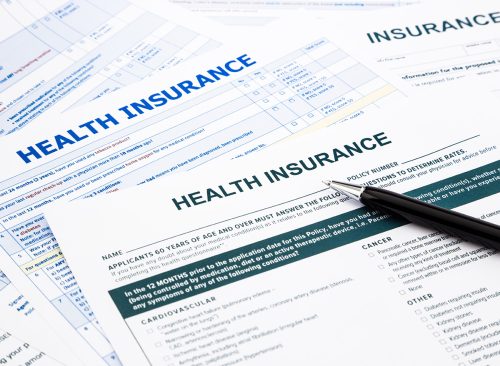
Like many aspects of retirement, signing up for Medicare requires careful planning, because making a mistake can be costly—not just financially but in potentially not getting the health coverage you need. Unfortunately, experts say people make some common mistakes that can be devastating. Here are five of the most common.
1
Underestimating What Medicare Costs

Don’t sign up for Medicare automatically when you start taking Social Security, Amitabh Chandra warns in the Wall Street Journal. Medicare might not be the right choice for your situation. For example: Although Medicare premiums are often zero if you’ve worked for 10 years, Part B premiums rise to more than $500 a month based on income. A hospital stay carries a $1,600 deductible, with a copay of 20% for physician services. A hospital stay longer than 60 days requires a $400 copayment a day, and a skilled-nursing-facility stay longer than 20 days costs $200 a day. A traditional health insurance plan might be your better bet.
2
Underestimating What Medicare Advantage Costs

With their “zero premium” plans and promise to cap out-of-pocket expenses, Medicare Advantage plans can be tempting. But these, too, cost more than they might seem, says Chandra. You may still need to pay a Part B premium, and out-of-network services can be expensive or not covered, making Medicare Advantage a potentially bad choice if you need to be seen by a particular doctor or at a certain hospital.
3
Not Getting Medigap With Traditional Medicare

Medigap is supplemental insurance sold by private companies. For a monthly premium, these plans can cover the $1,600 hospitalization deductible and nursing copays, which an result in significant savings. Yet 10% of Medicare recipients don’t have supplemental coverage. That can be a costly mistake. (Just be aware that Medigap plans work differently in different states, so be sure you understand what your specific coverage provides.)
4
Not Getting Prescription Coverage

In older age, high-tech prescription drugs can be life-saving and greatly improve quality of life—and be incredibly expensive. You’re not automatically enrolled in prescription coverage (Part D)—you must actively choose it. And you only have 63 days from when you enroll in Medicare to choose a Part D plan. If you miss the window, your Part D expenses are permanently higher.
5
Not Checking Out Your Broker

Medicare plan brokers “can be extremely helpful, but routinely neglect to tell their customers that they are paid $400 to $500 per enrollee by insurers, often to sell more expensive plans, which creates a fundamental conflict of interest in the advice they provide,” says Chandra. Be sure to ask your broker about what incentives they’re being paid by whom.














